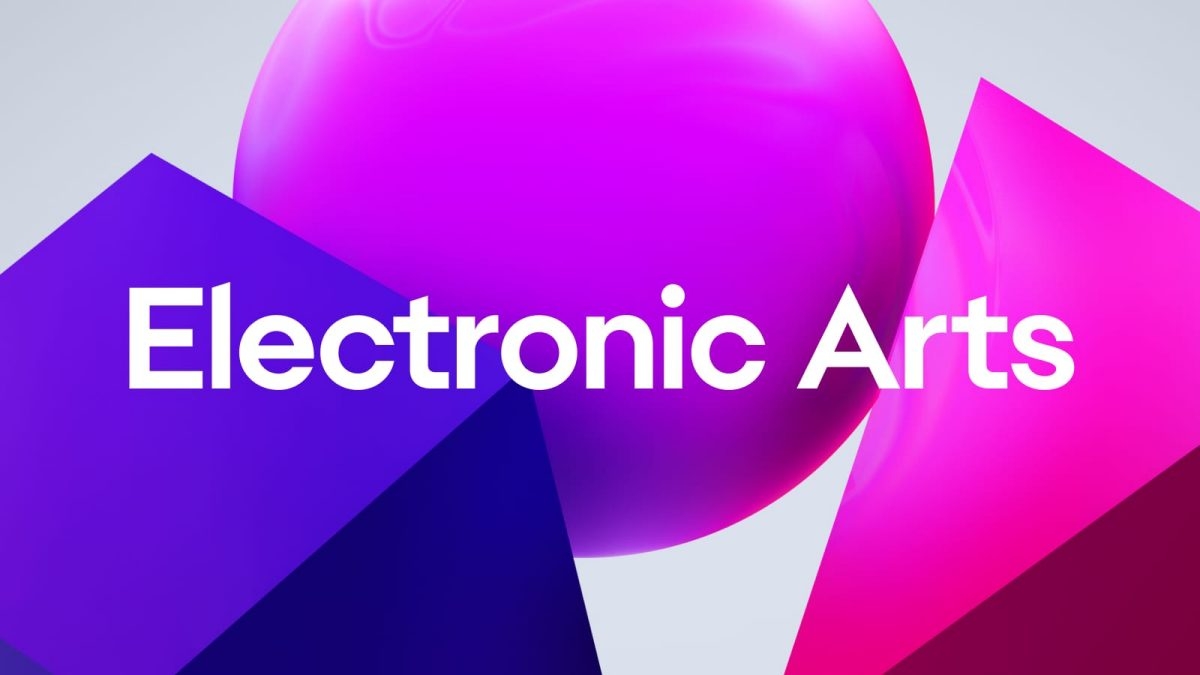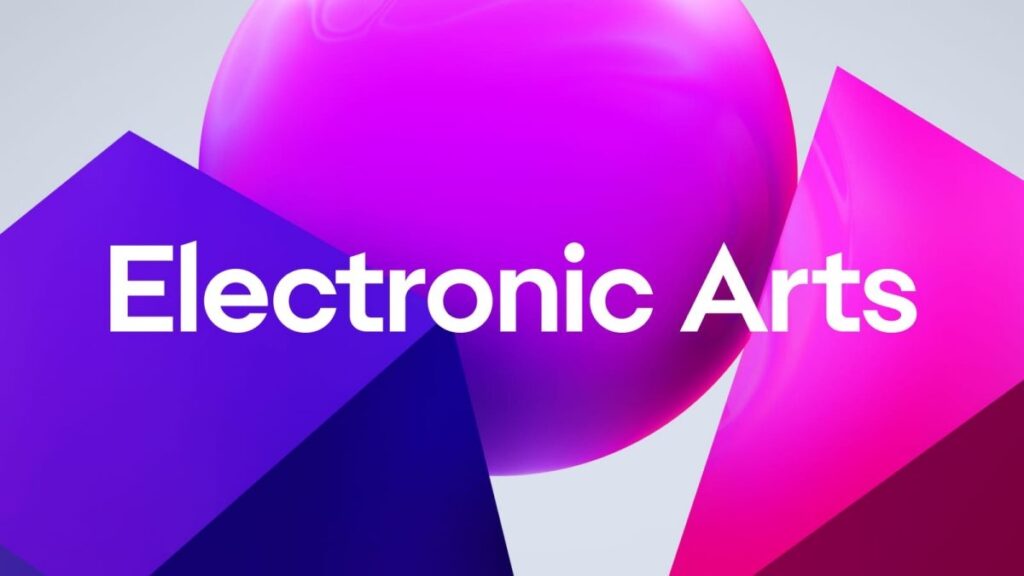
This is undoubtedly one of the biggest news stories in the video game industry in recent weeks: after several hours of speculation, Electronic Arts has confirmed its acquisition by a group of investors led by the Saudi sovereign wealth fund PIF, accompanied by Silver Lake and Affinity Partners.
A takeover that is causing quite a stir
This $55 billion deal will give these players 100% ownership of the company. The transaction, which has already been approved by the Electronic Arts board of directors, is expected to be finalized in the first quarter of fiscal year 2027. One thing is certain: this acquisition is not without consequences and is likely to cause significant upheaval within the company.
Shortly after the official announcement, the new owners spoke out to outline their initial strategy. Artificial intelligence is at the heart of their vision, seen as a decisive lever for optimizing production costs and increasing margins.
For them, it is a good way to absorb the debt generated by this acquisition, while also aligning with a global trend in the sector towards massive automation. In theory, this would strengthen the company’s competitiveness in the long term.
But a buyout means debt to repay. And there are many ways to achieve this: layoffs, more aggressive monetization, higher game prices… nothing can be ruled out.
Another option is also being discussed: the sale of certain licenses or development studios.
This hypothesis has been put forward by Mark Darrah, former producer at BioWare. In his view, EA owns a significant amount of dormant intellectual property that could appeal to other groups willing to pay the price. It’s a quick and concrete way to replenish the coffers.
But how did we get here?
Understanding the consequences is one thing. But we still need to identify the causes of this takeover. Why did a giant like Electronic Arts, long perceived as unshakeable, find itself in such a situation?
Several factors stand out. The publisher, once a symbol of omnipotence, has been going through a period of stagnation for several years that is difficult to ignore. Despite iconic franchises such as Battlefield, EA Sports FC, and The Sims, EA has locked itself into a mindset of immediate profitability, often at the expense of risk-taking or innovation.




This is a significant development in the gaming industry! It’s interesting to see how such acquisitions can shape the future of game development and player experiences. Looking forward to seeing how this unfolds.
Absolutely, it really is a pivotal moment! Acquisitions like this often reshape not just company strategies, but also influence future game development and player expectations. It will be fascinating to see how EA’s approach to game design and community engagement evolves under new ownership.
You’re right, it definitely signals a shift in the industry landscape. It’s interesting to consider how this acquisition might influence game development priorities and player experiences in the future. It’ll be fascinating to see if they focus more on innovation or stick to established franchises.